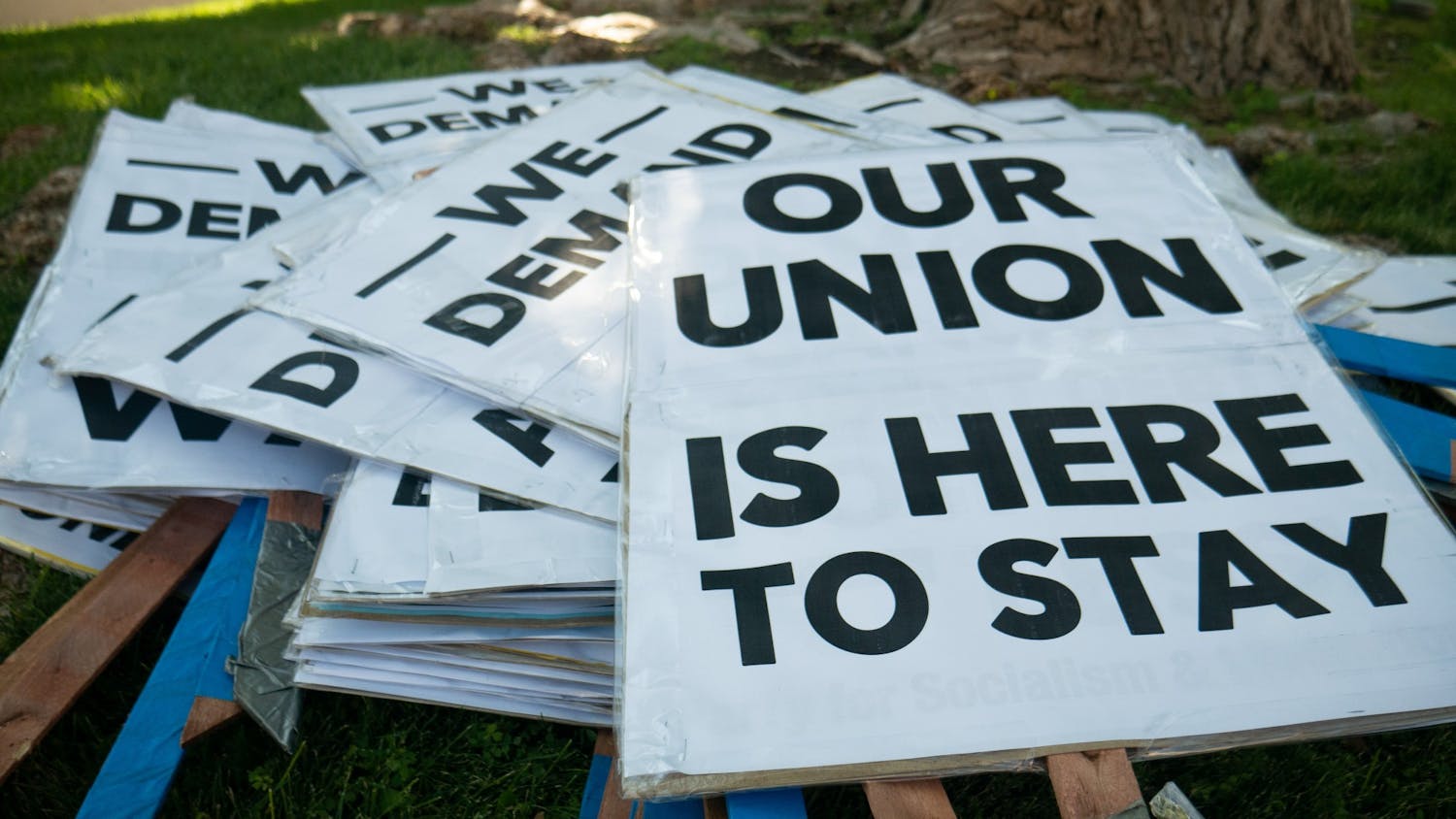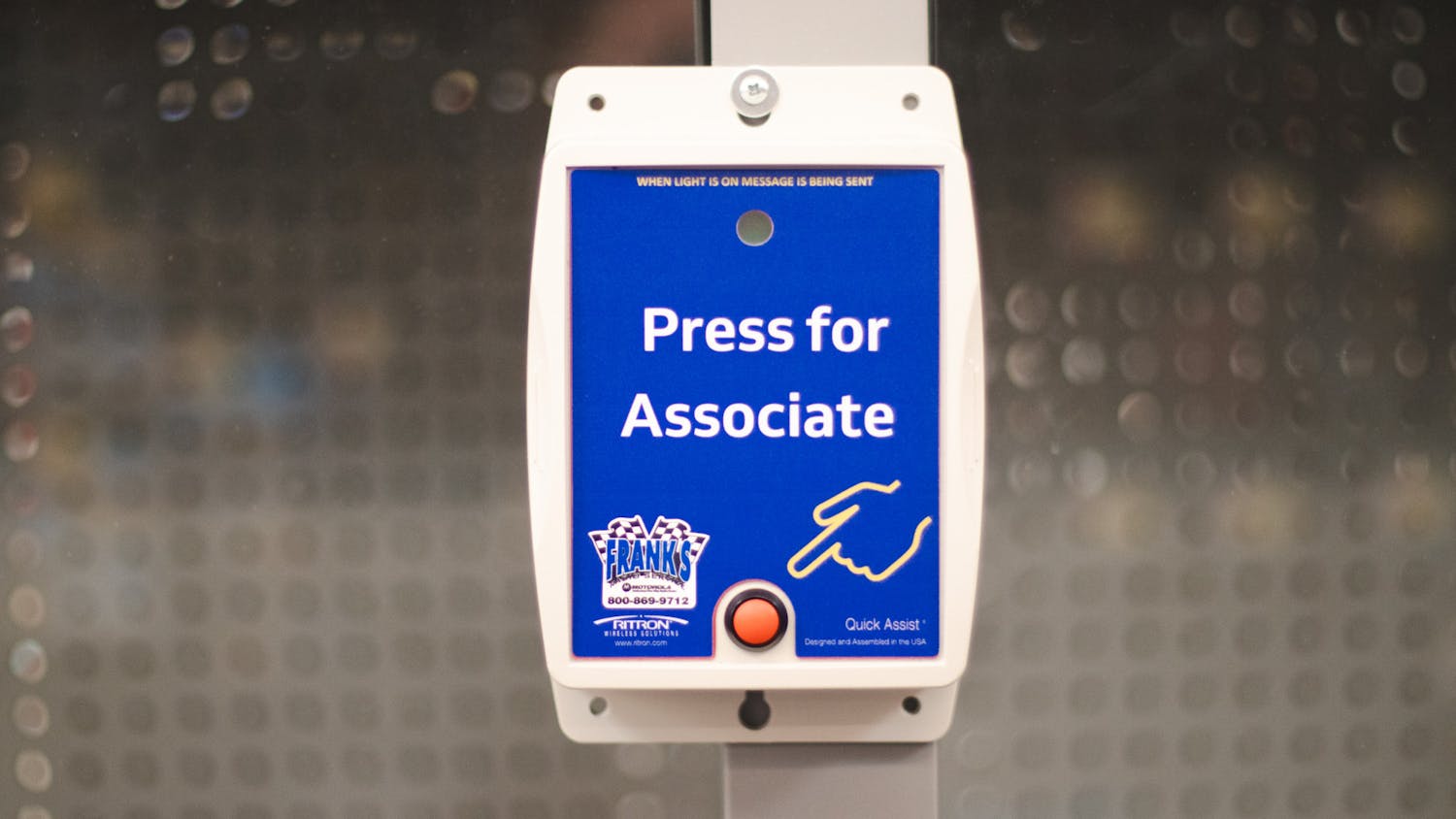Only one candidate submitted an application to be on the ballot in next year’s GPSA presidential race.
Marisa Silva, the sole candidate for the GPSA presidency, is a member of the GPSA Council from the history department. Silva said she hopes to increase graduate assistantships, fiscal responsibility and diversity.
“UNM enrollment will increase by 5 percent next year, and as retention and completion of degree are now part of the state funding formula, we need to provide additional assistantships to graduates to not only generate stable employment, but also keep the teacher-to-student ratio low,” she said.
Silva said she will demand both the administration and student government abide by strict fiscal accountability.
“Students need access to what fees are being charged and how they are being allocated,” she said.
Silva said she will work to continue to develop a more diverse faculty and student body.
“We are a minority-serving institution and we want to continue to recruit faculty who represent the diverse community that is UNM and New Mexico.”
The GPSA president for the next academic year will be elected during the general election that will take place April 9-12. The voting for this election will be conducted by electronic ballot.
Candidates for the chair of the GPSA Council were also announced Wednesday and will be elected through GPSA Council representatives at the April 28 council meeting. The two candidates running for the position are Kris Miranda and Michael Verrilli.
More funding for graduate students
On Wednesday, Provost Chaouki Abdallah agreed to petition that $250,000 in assistantships for graduate students be included in next year’s budget, following a GPSA resolution passed in February.
Abdallah said that, after reviewing the resolution, he submitted a proposal to the Board of Regents and the President’s Strategic Budget Leadership Team, which drafts the budget proposal, requesting the money be incorporated in the budget process. The final budget proposal to the regents is due in April.
Get content from The Daily Lobo delivered to your inbox
Katie Richardson, GPSA president, said graduate and professional students are essential to the research and teaching mission of the University. She said the assistance they provide to professors supports UNM’s research mission by lowering faculty workload, leading to increased research.
“I requested from the budget, money and part of that is to add $250,000 for graduate assistantships, but this is not money that the Provost’s office has, but money we requested from the budget set by the regents,” he said.
Abdallah said the request is part of an effort to hire and support more faculty.
“It’s important for many reasons, and the main reason is we want to hire more faculty, and that faculty will need help with both research and teaching as well as grow graduate student levels, and assistantships are one of the ways we can attract graduate students,” he said.
According to the GPSA resolution, graduate and professional students teach 40 percent of all undergraduate courses, some of which are core classes of 100 or more students that are essential for graduation.
In 2010 1,679 out of the 6,000 enrolled graduate students were employed by UNM as either teacher assistants, graduate assistants, research assistants or program assistants, according to the Office of Institutional Research.
Richardson said assistantships are the primary form of financial aid for graduate and professional students and help cover tuition, fees and health insurance.
“They are a major way for graduate students to make ends meet,” Richardson said. “Without assistantships, graduate students at UNM have to take out on average $6,000 in loans from financial institutions.”
Richardson said assistantships would not only help shorten the time until graduation for graduate students, but would also lower the faculty-to-student ratio, which would increase undergraduate retention.





